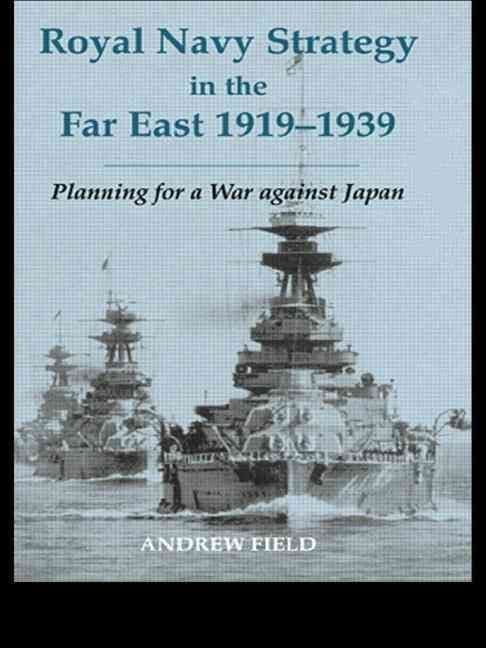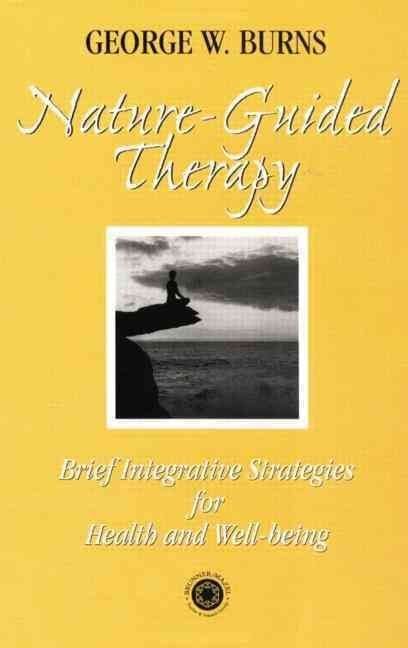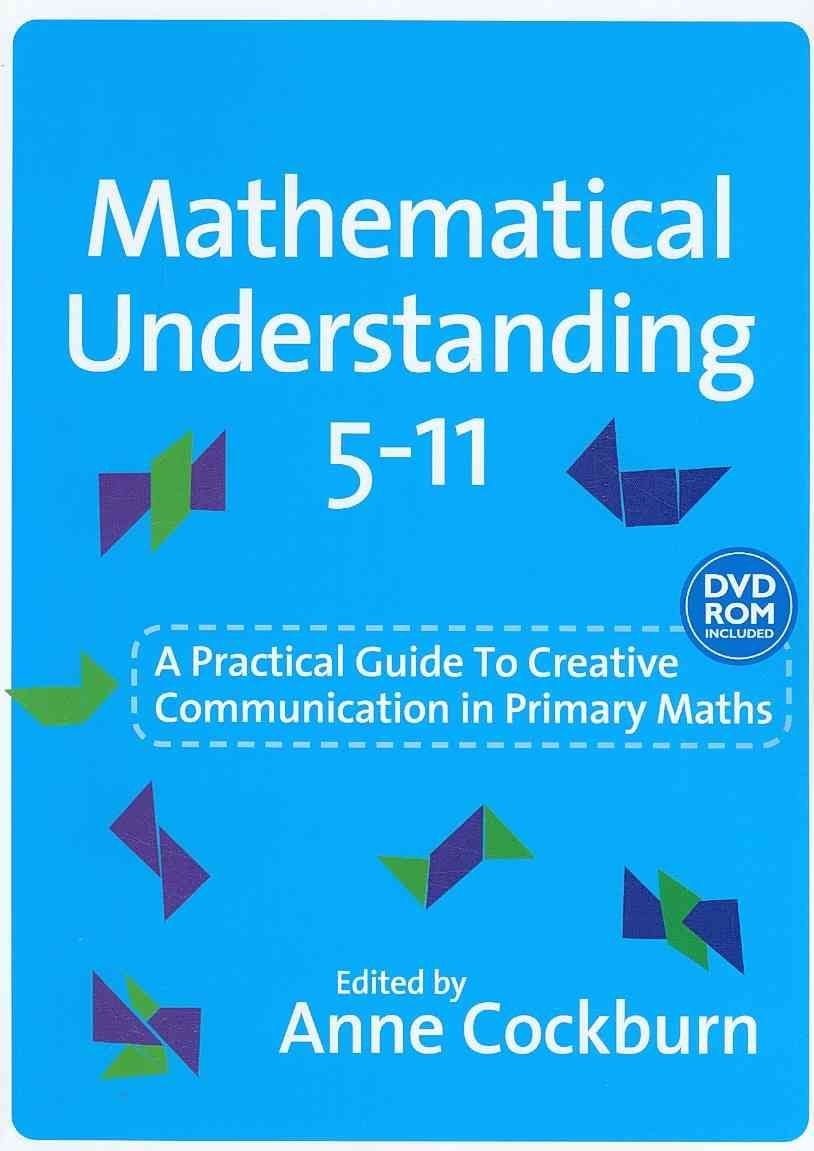Between the ending of the Great War and the start of the Second World War in 1939, the Royal Navy remained the largest in the world. But with the League of Nations seeming to offer a solution to all future conflicts, a country weary of war and without an obvious enemy there seemed no need for a large battlefleet. The strategic focus shifted eastwards, to Japan, with its growing battlefleet as the new threat to the British Empire and to the Royal Navy’s supremacy. From 1924 a strategic plan, War Memorandum (Eastern), was written and refined. The plan called for the Royal Navy, still the largest in the world, even after the Washington Naval Treaties, to move eastwards to a defended base at Singapore, cut off Japan and force her battlefleet into a decisive fleet battle. As a strategy War Memorandum (Eastern) had many flaws. Its real importance lay in the fact that it provided a justification for the Royal Navy to maintain its leading position in the world and to be in the forefront of the development of new tactical thinking. Through planning for a war with Japan the Royal Navy was able to test its readiness for a future war. Many of the lessons learnt during this period were ultimately put to good use against a different foe in 1939.












